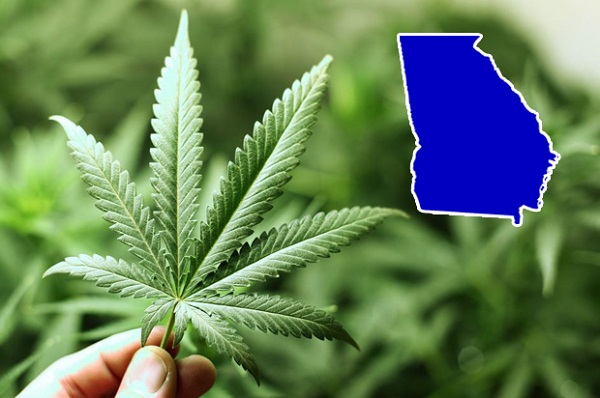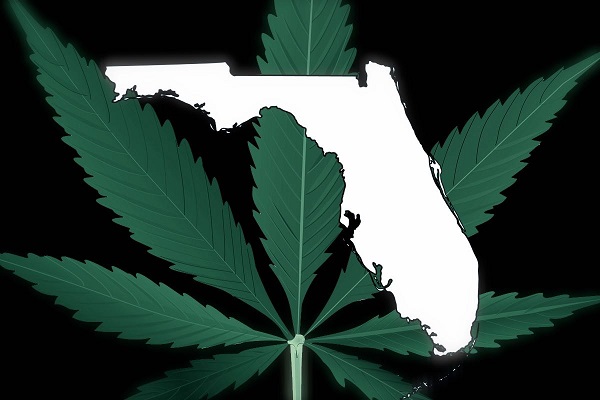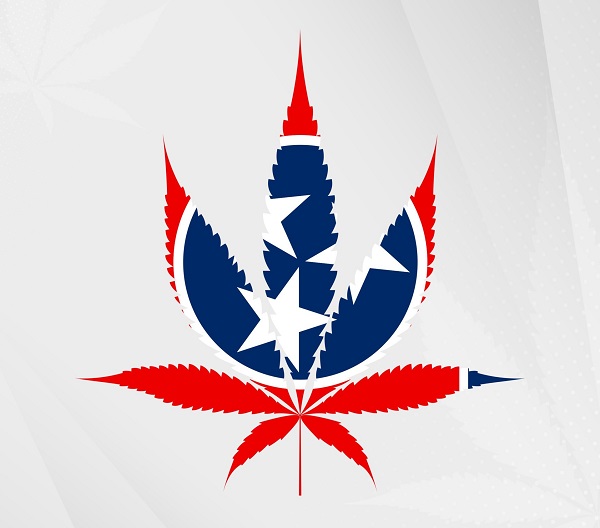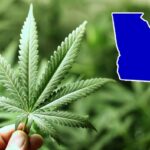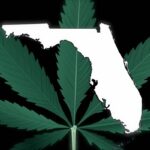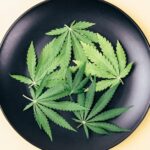In contrast to a cannabis dispensary, coffeeshops offer the possibility of consuming cannabis on site. In the Netherlands, cannabis can be brought to cafés and consumed there. These establishments offer different varieties and forms of cannabis for use, whether in the form of smoke products or edibles. Cannabis coffeeshops offer a cozy atmosphere where visitors can enjoy their product of choice. Cannabis use outside of the café, in public places, is prohibited.
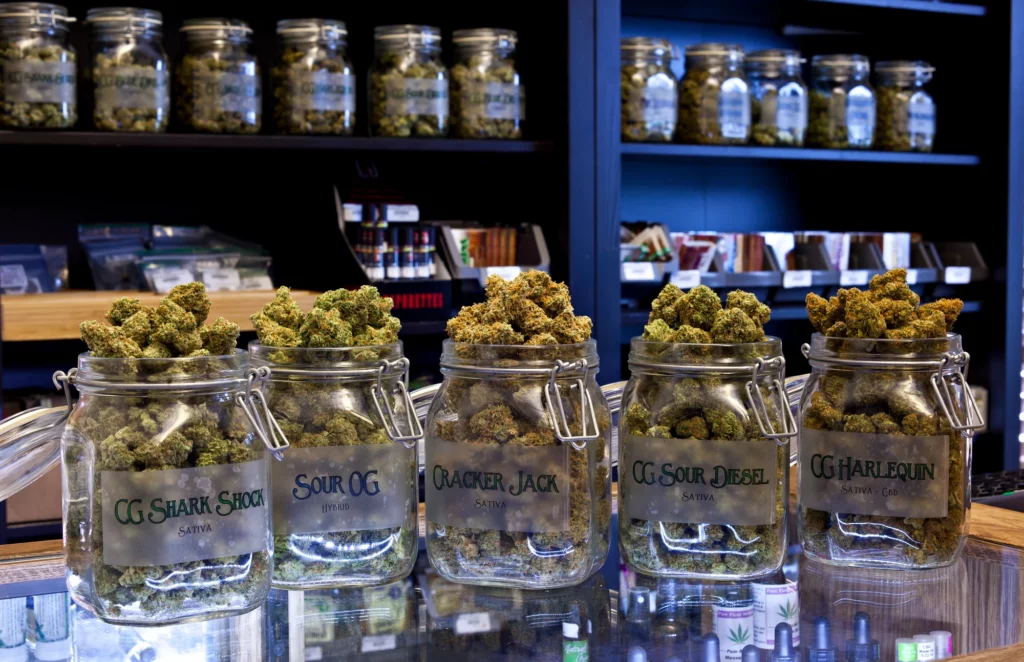
Cannabis social clubs, unlike dispensaries and coffeeshops, are private establishments to which only members have access. In Spain, such clubs allow members to socialize, share experiences and use cannabis. It is similar to a community of people who share a common interest in cannabis. Cannabis social clubs are involved in the process of growing and distributing the product, but consumption remains within closed spaces reserved for club members only.
Thus, while cannabis dispensaries, coffeeshops, and cannabis social clubs offer access to cannabis products, they differ in their functionality and regulations. Pharmacies provide the opportunity to purchase products for consumption in private premises, cafes allow on-site consumption of the product, and social clubs are designed for gatherings and socializing of people who share a common interest in cannabis.
Dispensaries are similar to pharmacies and provide cannabis enthusiasts with a safe environment to purchase high quality products. The staff is extremely knowledgeable about their products and guarantees the highest quality. All products are tested in third-party labs for cannabinoid and terpene content . There are two different types of dispensaries, so let’s learn about each.
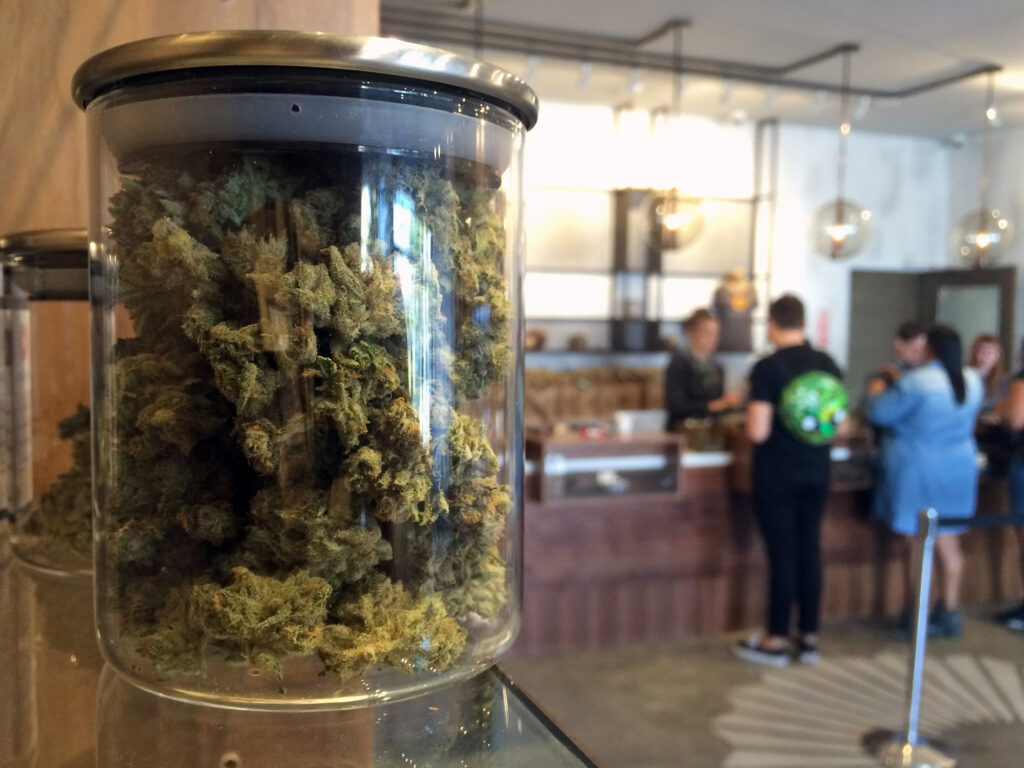
Cannabis dispensary
Medical dispensaries provide patients with safe cannabis-based medicines. Cannabis users must be prescribed cannabis by a registered medical practitioner and patients must be over 18 years of age. They have lower taxes, higher purchase limits and are more affordable than recreational facilities.
The history of medical cannabis is deeply rooted in Northern California, and support for it has been growing since the early 1990s. The first cannabis dispensary was established in 1992 by former members of the San Francisco Cannabis Buyers Club. One of their main participants emphasized that support was needed to develop the field of medical cannabis while helping to raise awareness of its therapeutic properties.
In 1996, the California government passed Regulation 215 authorizing the use of cannabis for medical purposes upon the recommendation of a physician. The main difference is the cannabinoid content. While recreational marijuana will focus more on THC levels, medicinal products will include full-spectrum products with higher levels of CBD and lower levels of THC.
Medical cannabis dispensaries provide a wider range of products for those seeking the therapeutic benefits of cannabis. Budtenders are always available to assist you and provide unconditional attention to all your needs.
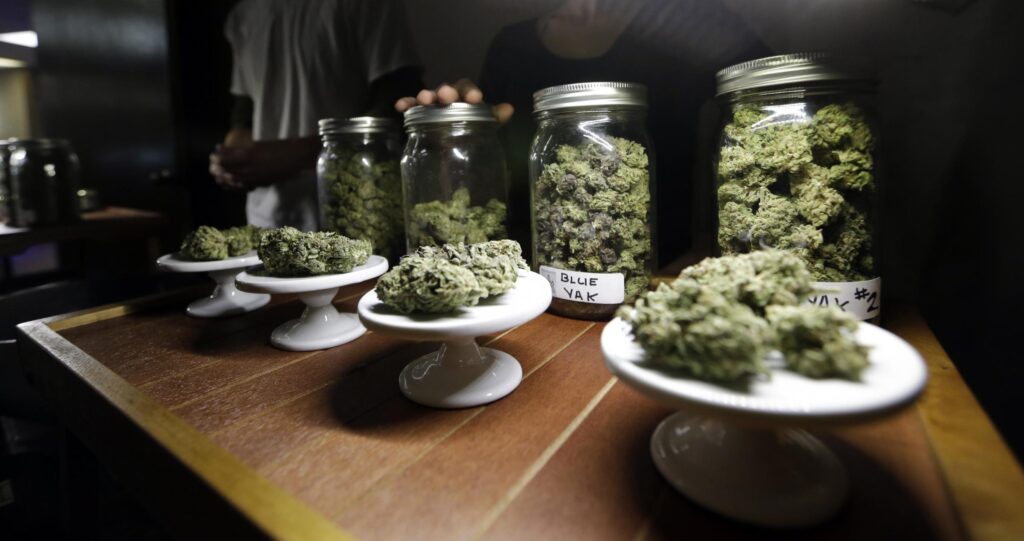
Recreation center
In 2014, Colorado and Washington became the first states to legalize the recreational use of cannabis. This allowed adults who were 21 years of age or older and provided government identification to legally purchase cannabis under the new legislation and laid the groundwork for eventual national-level legalization.
The recreational use of cannabis is ideal for those who have no medical need and are looking for high quality products. Recreational users, unlike medical users, do not receive detailed advice about each strain. It also creates a legal alternative to alcohol and more dangerous drugs such as opiates and reduces the black market.
Recreational cannabis dispensaries are more easily accessible to the community. Many have online stores where customers can browse menus and purchase products with delivery or pickup. During the Covid-19 pandemic, some dispensaries even provided the option to have products delivered by car. However, compared to medical dispensaries, the range of recreational products is limited and they are also subject to a higher tax. Purchase restrictions will vary from state to state.
Cannabis Consumption Lounge
There are a huge number of dispensaries in the United States, but inside them, cannabis related products are prohibited. When it comes to smoking outside, there are many restrictions, and this is where specialty establishments for the consumption of cannabis-related products come in. The first state to allow on-site cannabis consumption was Alaska.
In California, there is a diversity of opinions on this issue depending on the city, and each municipality is free to enforce its own legislation. Cannabis consumption establishments provide a safe, clean and comfortable environment for visitors to consume cannabis-related products and promote the destigmatization of cannabis in the community.
These establishments typically have a main room where cannabis flower can be consumed, as well as separate smoking areas. They are often located next to a dispensary and require the visitor to purchase marijuana before entering. The purchase of drinks and snacks is allowed, but the cannabis-related products themselves are not available in the room for consumption. Unlike coffeeshops or clubs, schedules are used and spontaneous visits are not always possible.
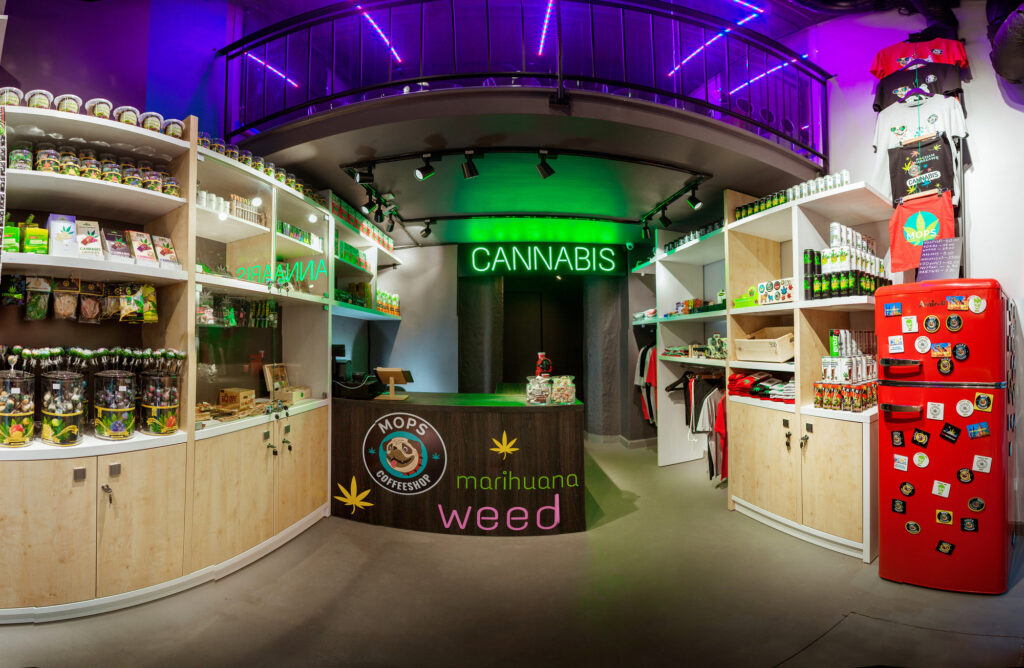
What’s a coffeeshop?
In the Netherlands, there are exclusive coffeeshops that are licensed to sell cannabis. These establishments are authorized to sell a maximum of five grams of cannabis per day to persons over 18 years of age. Cannabis use is permitted in coffeeshops, but tobacco use and the sale of alcohol are prohibited.
The Opium Act of 1928 prohibited the use and consumption of drugs, which were divided into two categories, hard and soft, according to their potency and degree of addiction. However, the Opium Act Directive of 1976 states that in establishments where cannabis is consumed, such as coffeeshops, law enforcement does not prosecute such activities. This practice, known as «gedoogbeleid» in Dutch, means that authorities turn a blind eye to illegal activities.
Restrictions under the law apply to various aspects of cannabis. It is legal to buy and consume cannabis within limits, but it becomes illegal for coffeeshops to receive supplies from suppliers. This is because the distribution, cultivation and possession of cannabis remains illegal.
By law, coffeeshops can have up to 500 grams of cannabis on their premises. However, such restrictions are often unrealistic given the large number of different types of coffeeoffered in these establishments. In such cases, coffeeshops have to buy unregulated cannabis through illegal channels with no guarantee of quality.
Thus, much of the cannabis sold in coffeeshops in the Netherlands is often of low quality, unprocessed and lacks aesthetic value. Despite this, coffeeshops remain an integral part of Dutch culture. With a wide range of genetics not available in other countries, the Netherlands has become an attractive destination for people looking to enjoy this product.
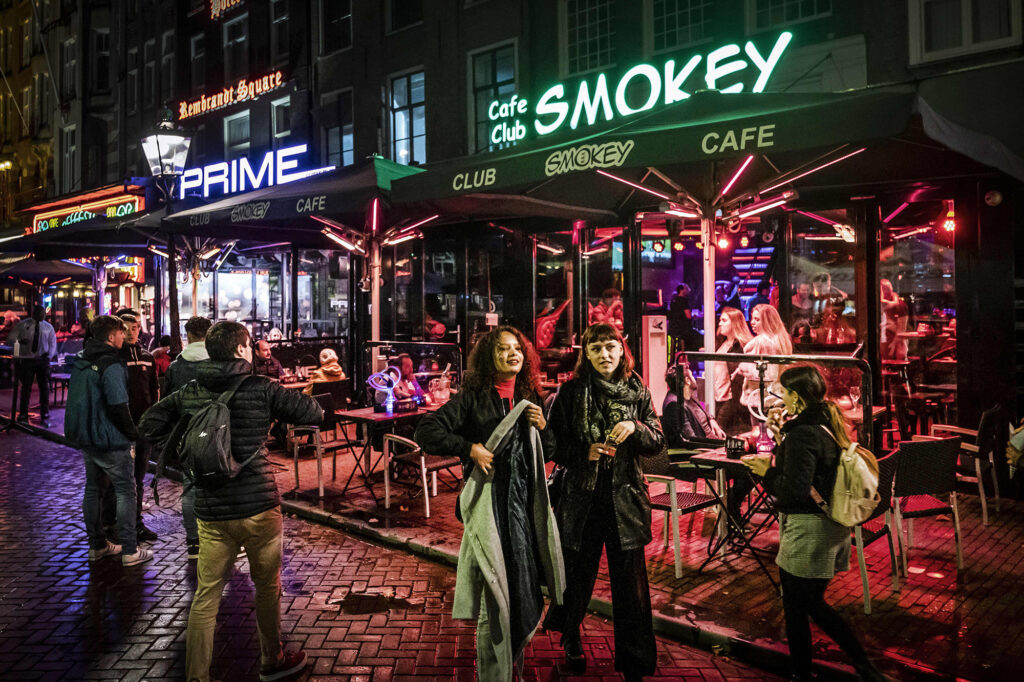
Coffeeshop vs dispensary cannabis: how are they different?
Due to strict laws regarding inventory control in coffeeshops, they can only offer a small amount of cannabis products. With a controlled and regulated market, dispensaries can access a surplus of high-quality flower and concentrates. Due to the potential therapeutic properties of cannabis, medical dispensaries provide a more thorough screening process than recreational dispensaries.
Cost-effectiveness
Taxes on recreational and medical dispensaries vary by state, but with a larger menu, dispensaries provide a wide range of affordable options. As coffeeshops continue to tolerate rather than legalize, the black market can often drive up prices, making cannabis unaffordable to the masses.
Quality Control
All licensed dispensaries must purchase their products from a registered manufacturer, which is subject to vigorous third-party lab testing for cannabinoid and terpene content. As cannabis products are not regulated in the Netherlands, quality can be erratic.
Availability: recreational or medicinal
Dutch coffeeshops aim to serve the recreational market rather than informing customers about the specifics of each strain. And medical dispensaries aim to provide detailed information about each product and offer medical advice to their patients. Medical dispensaries are only open to patients with a prescription for medicinal cannabis.
Aesthetics
Like pharmacies, medical dispensaries are clean, spacious, and provide a pleasant atmosphere to purchase cannabis products. Coffeeshops are designed for recreation, and while there are some nice locations, most are poorly lit and not aesthetically pleasing.
With cannabis still illegal in most of Europe, in response to Dutch coffeeshops and American cannabis dispensaries, the Spanish have adapted a model called «Cannabis Social Clubs».
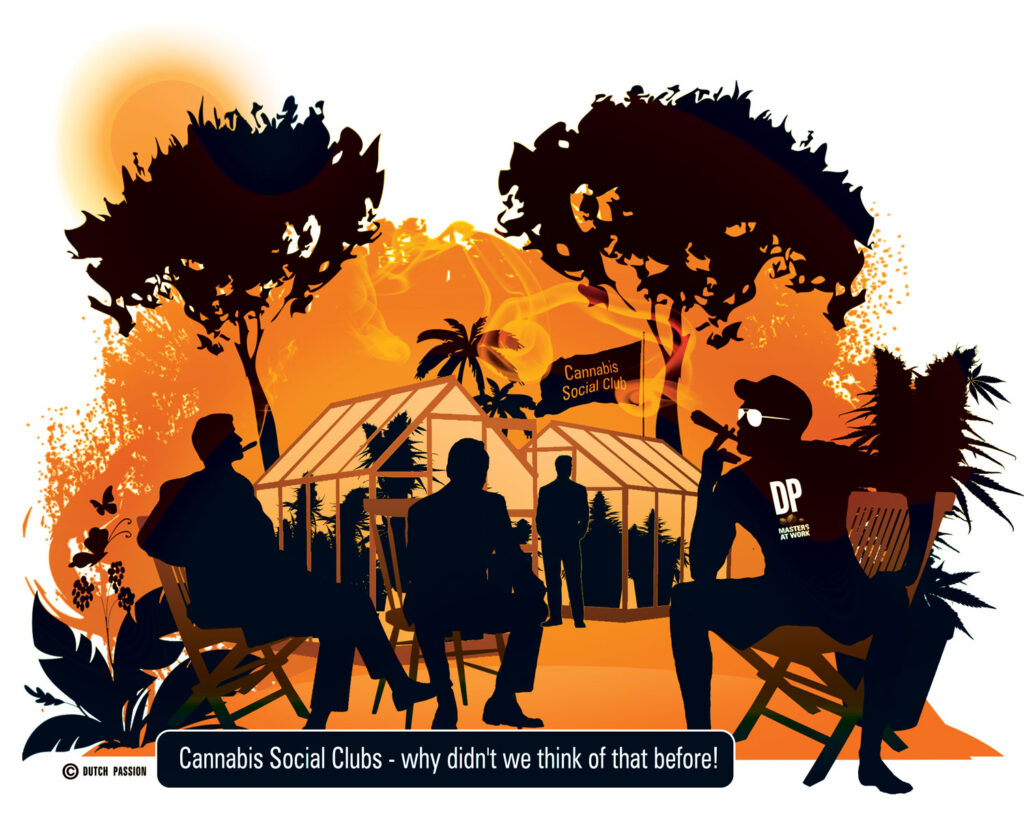
What is a cannabis social club?
In 1983, the Spanish authorities decriminalized cannabis for personal use and it was now legal to possess and cultivate cannabis. However, trade and distribution remained illegal. In 2001, the first cannabis social club opened in the Catalan capital, Barcelona, and the Barcelona Cannabis Tasters Club pioneered the first social club model. There are now hundreds of social clubs throughout Spain, with more than 200 in Barcelona alone.
Cannabis social clubs are registered non-profit organizations whose purpose is to provide quality medicine to their members. They are private, members-only clubs whose members share legally grown cannabis; in return, members donate money to cover expenses. They are closed to tourists and, like cafes, advertising is prohibited.
Depending on the number of members, all social cannabis clubs have a cultivation limit. They grow marijuana collectively to provide their members with the highest quality and quantity of cannabis. Many of them provide courses and educational programs to raise awareness about cannabis and gardening techniques.
Cannabis social clubs often have various video consoles, board games or billiards, and unlike cannabis dispensaries, members come to hang out and relax. All cannabis products must be consumed on site, which helps regulate and avoid black market distribution.
Conclusion
The social club model has been praised throughout Europe, with many cannabis enthusiasts collectively forming social clubs and many dispensaries opening across North America. Due to stricter legislation, the number of coffeeshops is in decline, but they remain an iconic part of Dutch culture.
Have you had any experience with pharmacies, coffee shops or social clubs using cannabis? Which one do you prefer? Let us know in the comments below.


